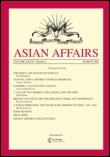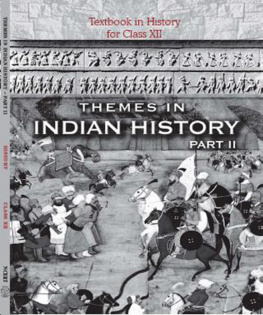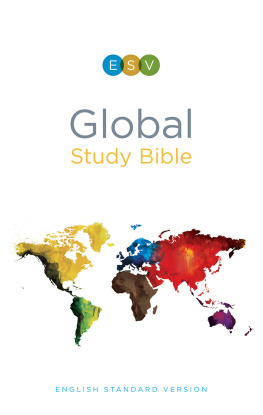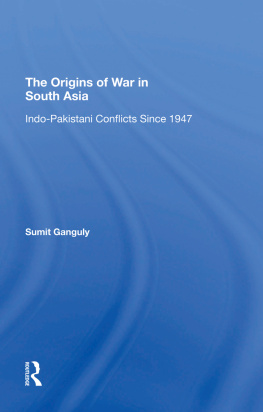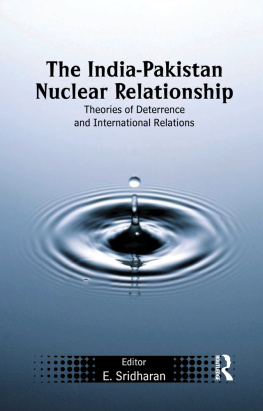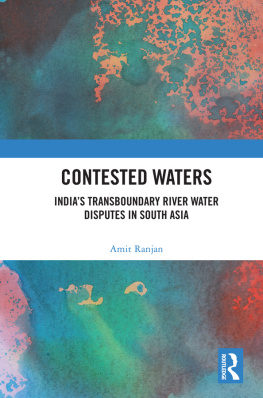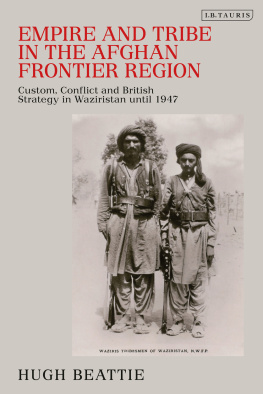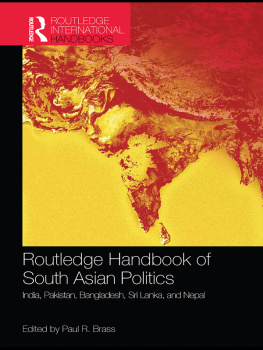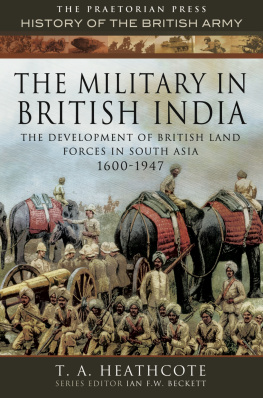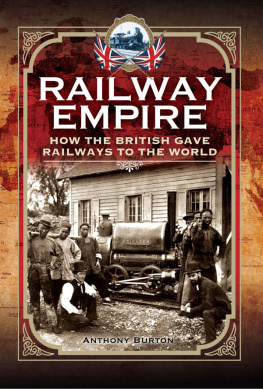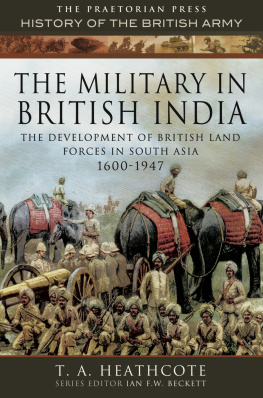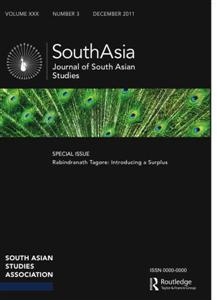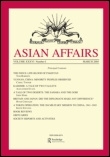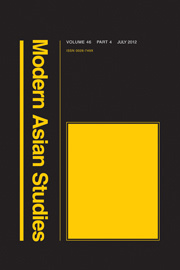AFGHAN/PAKISTAN BORDER DISPUTES
ANTHONY HYMAN
Based on a lecture given to the Society on 28 May, 1980. Anthony Hyman studied Indian and Islamic History at the School of Oriental and African Studies and is a frequent contributor to press and radio on South Asia and Islamic Affairs. He has recently returned from the Pakistan borders where he gathered material for subsequent press and radio use. Mr Hyman is currently writing a book on contemporary Afghanistan to be published in 1981.
Because of ambiguities in the title of this lecture, I should renounce any intention to examine, or reexamine, or demarcate on the Durand Line, the British-drawn frontier between the two states. Instead, we shall look at the Afghan civil war, and how far the problems of the Kabul Government and its Soviet backers are really connected to the Pakistan borders.
The whole topic is therefore not on the definition of frontiers, but on their clandestine use by guerrilla forces, or possibly by outside agencies, for intervention in the internal affairs of Afghanistan. The overall picture of current events there is greatly complicated by the distortions which news is subject to, from all sides, - Afghan, Pakistan, Soviet as well as western media. The claims of Soviet media and of the Babrak Karmal Government can be summed up in the often-laboured theme that the popular Afghan revolution of April, 1978, is being wrecked by outside interference, and of course the historical parallel which springs to the Russian mind is that of the Basmachi resistance to the Bolshevik revolution. The Basmachi bands of Turcomans and Uzbeks fought a doomed battle in Central Asia until 1931, when the last Basmachi band was destroyed by Soviet forces. The friends of the Karmal regime claim that the Afghan resistance likewise comes essentially from counter-revolutionaries and robber bands, supported from outside, and the parallel pleases the Soviet media especially because, (as everyone knows), the Basmachis were utterly defeated, and Central Asia then remodelled into model Soviet states.
Although the historical perspective is essential to understand the present situation in Afghanistan, I am certain that this particular Basmachi parallel cannot be sustained before an objective public. The nature of the Afghan opposition to the three successive Soviet-backed regimes in Kabul is very different from the Basmachi risings, nor is there any true parallel between the Bolshevik Revolution and the Glorious Saur Revolution of April, 1978.1 shall attempt to show why in this description of the organization and activities of some of the Afghan resistance groups.
The first point is the sweep of political views contained within that resistance, ranging from the far-right to the far-left wing, from Muslim fundamentalists to secular or liberal political parties and Marxist groups, from tribesmen to urban workers and intellectuals. The second point is that this opposition to the Kabul Governments rule is so far from being artificial that it is found in virtually every province, even hundreds of miles from the Pakistan frontiers from which it is alleged imperialist plots are being hatched. Resistance grew spontaneously from brutal attempts of the Afghan Marxists to transform society, and its spread was aided by Afghan distrust of the overwhelming Soviet presence, both military and civil, even before the Christmas coup last year. History after all has many examples of intense Afghan attachment to independence, against their more powerful neighbours Iran and India, then against British Indian imperial designs, as now against Soviet grand designs - so the popular Afghan reaction to Soviet interference should come as no surprise.
Confusion about the scale and nature of the Afghan opposition has grown from carefully fostered propaganda, the key centres being Peshawar and Moscow with a very poor third being Kabul itself.
In Peshawar all the running is made by rival Afghan parties whose following is based mainly in the border provinces close to the North West Frontier of Pakistan - that is, in south and S.E. Afghanistan. The best-established party is Hizb-i-Islami of Gulbuddin Hikmatyar, who arrived in Peshawar in 1974/75 with some fifty Muslim fundamentalists from Kabul University, after failing in a plot against President Daoud, and losing out in a struggle for influence with left-wing groups. Originally united, the fifty Afghans soon split into four separate and antagonistic parties in exile, with Gulbuddin enjoying the backing of Pakistans Prime Minister.
The young Gulbuddin (only 33 years old now in 1980) found help for the brand of Islamic fundamentalist fervour he preached not because of its intrinsic qualities, but because it served as a useful response to the Pukh-toonistan idea purveyed from Kabul at that time - the pet ideal of President Daoud to detach the Pathan (Pukhtoon) and Baluch areas of Pakistan. As so many other political exiles before him, Gulbuddin had to choose to further his political aims while compromising his independence, by accepting limited weapons, training and use of friendly territory to mount raids into Afghanistan.
With the failure of their attempts to promote armed rebellion within Afghanistan, and the ensuing recriminations, the small party split into two, and then four separate factions, led by older theologians believing in fundamentalist Islam, like the young Gulbuddin, but blaming his rashness and vanity for failure.
Jamiat Islami, the largest of the three other fundamentalist parties, is led by Professor Burhanuddin Rabbani, aged forty - a former Professor of Muslim law at Kabul University. Rabbani has travelled widely in the Middle East since 1974 in search of patrons for an armed struggle to create a model Islamic state out of Afghanistan. These efforts have not been rewarded with much success, although a trickle of money from well-wishers, mainly in the Gulf states has paid for small-scale supplies of rifles and ammunition, as well as the upkeep of party offices in Peshawar and in Iran. Unlike the other parties based in Peshawar, Jamiat Islami is mainly non-Pukhtoon in membership, with its strength in the Tajik (Persian-speaking Afghans) community of far-off Badakhshan, and the north-eastern region. The Jamiat is active also on the fronts close to the Peshawar borders.
Two smaller fundamentalist parties are led by ulama (doctors or teachers of religious law) of the older generation. Mohammed Nabi
Mohammedi, sixty years old, preached Islam in Scandinavia in the early 1970s, with Libyan funds, heading Herakat Inqilab Islami. This party has a following in the southern borders, between Ghazni and Kandahar.
Mohammed Yunis Khalis, aged around sixty five, heads Hizb-i-Islami (2), a party built round hard-core members of the original Hizb, who follow Khalis rather than Gulbuddin. There is no real ideological difference between the four fundamentalist parties, but essentially a clash of personalities, sparked off by the pretensions of Gulbuddin as leader, in spite of his youth and lack of religious education, (even his familiar title of Engineer is one of courtesy, as he did not complete his degree course at Kabul University).
The somewhat dubious origins of the four fundamentalist parties should be distinguished from their present activities as self-proclaimed, mujahidin, (muslim fighters or warriors for Islam), as their role and foreign ties have changed dramatically since the Afghan civil war became general; after March, 1979, with the uprising and mutiny of the garrison at Herat (the important city close to the Iranian frontier in the west) the four fundamentalist parties based on Peshawar linked up more closely with the tribes of south and S.E. Afghanistan. The leaders of the parties claim to be leading and directing the jihad, or holy war against communism and Russian domination, though the truth is certainly more complex.
Next page
